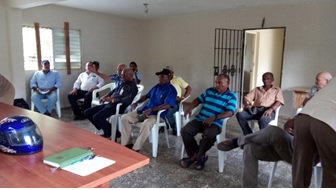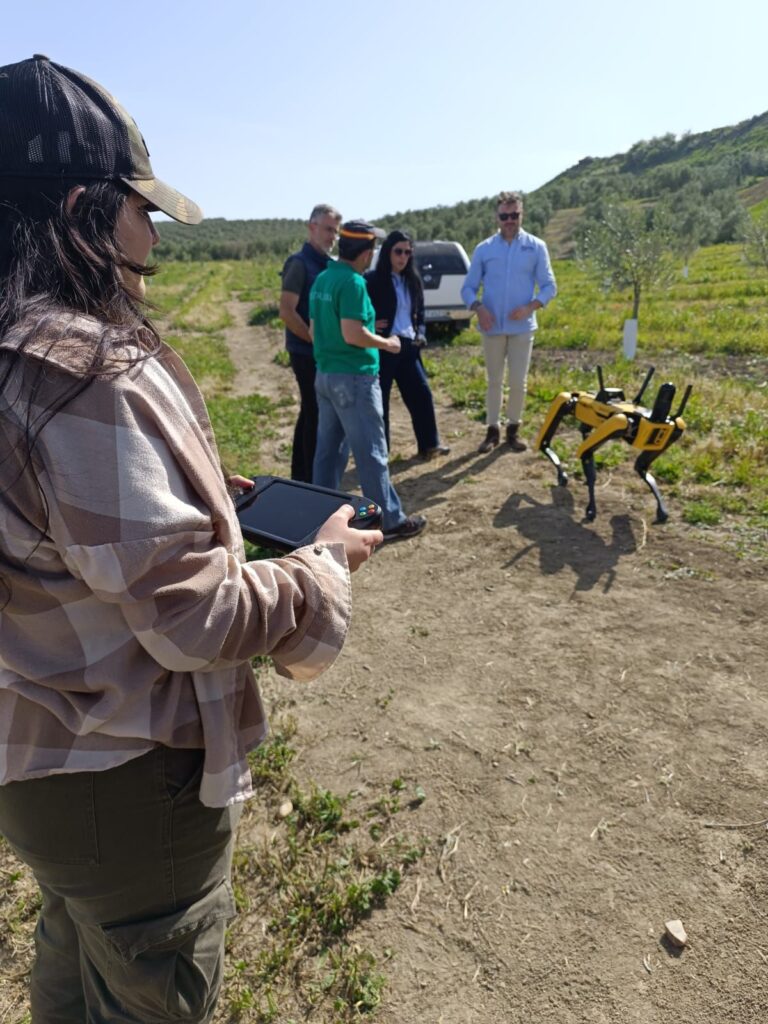A consultant specializing in cocoa cultivation was hired to prepare the Phytosanitary Emergency Plan against Moniliasis of Cacao (Moniliophthora roreri) and the organization and development of activities with the official and private authorities for the preparation of the plan begins

Moniliasis del Cacao, celebrada en Sala Caribe del IICA,
el 15 de noviembre del 2017..
Santo Domingo, Dominican Republic, November, 2017 (IICA). During the month of November, IICA accelerated the development of the scheduled activities to fulfill the commitments with the Ministry of Economy, Planning and Development (MEPyD), the Ministry of Agriculture and the United States Department of Agriculture (USDA) for the implementation of the Project “Strengthening of the Surveillance Capacity and Phytosanitary Emergency Response to the Introduction of the Moniliasis of Cocoa. During this period, the following activities were carried out:
a) The creation of the Technical Coordinating Group, made up of representatives of the public and private institutions as well as the project financing institutions involved with the subsector of cocoa production in the country. This Group met on two occasions to discuss issues related to the coordination and adjustments of activities, and to give recommendations on the execution of the project.
b) The internationally recognized specialist and phytopathologist, Dr. Carmita Suárez Capello, of Ecuadorian nationality, was hired as a consultant to the project for the elaboration, together with the Technical Coordinating Group, of the Phytosanitary Emergency Plan against Moniliasis of Cacao in the Dominican Republic. Her first visit to the country is scheduled from December 03 to 09, 2017.

de cacao de la Provincia de Monte Plata, participantes
en reunión de organización de simulacro Moniliasis
del Cacao a desarrollarse en febrero 2018..
c) Two field visits were carried out by the project coordinators from IICA and the Ministry of Agriculture to the Northeast Regional Directorate of the Ministry of Agriculture (located in the San Francisco de Macoris province) and the Central Agricultural Regional Subdirectorate (in Monte Plata province), where the coordinators met with technical leaders and cocoa producers to provide technical information and to initiate the coordination of the two simulations to be developed in these provinces in February 2018, with the participation of producer leaders
More information: Dr. Dileccio Vanderlinder,
Specialist in Agricultural Health and Food Safety
dileccio.vanderlinder@iica.int











